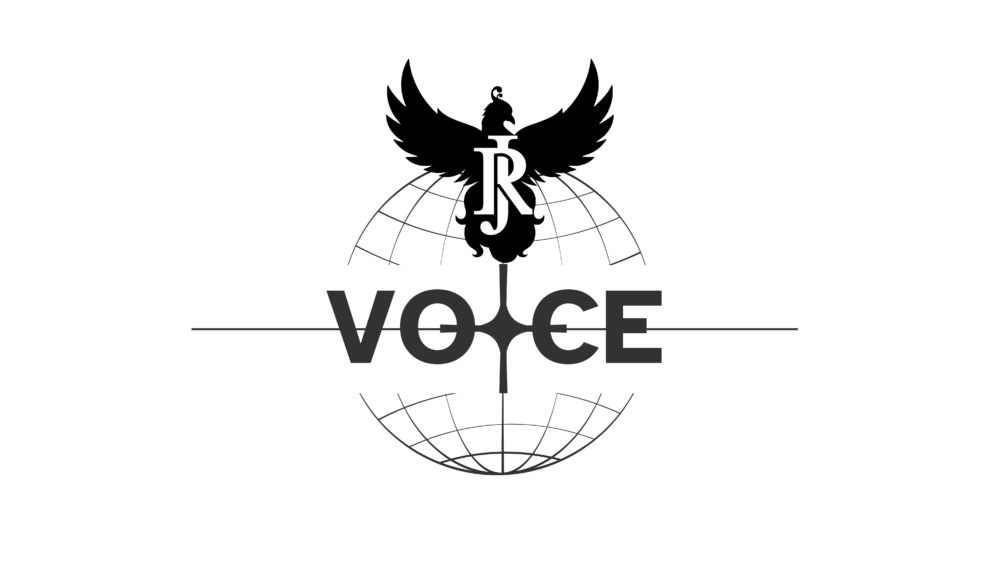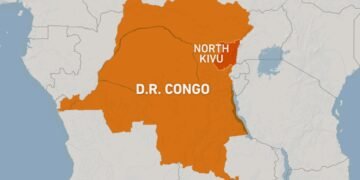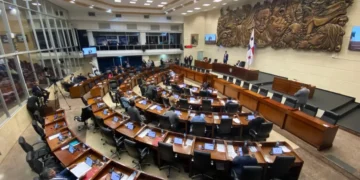The United States is reportedly pushing for greater control over key Ukrainian energy infrastructure as part of a broader minerals agreement, including a proposal that would place a strategic gas pipeline—currently operated by Russia’s Gazprom—under the authority of the U.S. International Development Finance Corporation (DFC).
According to a source familiar with the negotiations, U.S. and Ukrainian officials convened in Washington last Friday to discuss a draft proposal. The atmosphere during the talks was described as tense and difficult, with little optimism for a breakthrough. “The negotiating environment is very antagonistic,” the source noted, citing the “maximalist” demands outlined in the March draft from the U.S. side.
The draft agreement reportedly includes provisions that would allow the U.S. to assume control of the pipeline that transits Russian natural gas through Ukraine to European markets. It also ties Ukraine’s future revenues from natural resources to repayment obligations for the estimated $120 billion in aid the U.S. has extended to Kyiv since the beginning of the conflict.
In addition to pipeline oversight, the U.S. would also manage a reconstruction investment fund aimed at supporting Ukraine’s post-war recovery. A spokesperson for the U.S. Treasury confirmed that discussions were underway, characterizing them as “technical in nature.”
Ukraine has retained the services of international law firm Hogan Lovells to advise on the agreement. Meanwhile, Ukrainian Prime Minister Denis Shmyhal and Finance Minister Sergey Marchenko are expected in Washington later this month for meetings with the International Monetary Fund and World Bank. A high-level ministerial gathering focusing on Ukraine is scheduled for April 25.
The minerals agreement had previously stalled following a heated exchange between Ukrainian President Volodymyr Zelensky and former U.S. President Donald Trump during a February meeting at the White House. Since then, Washington has submitted a revised version of the deal, which reportedly includes stricter conditions. Zelensky has voiced concerns over the shift in terms, accusing the U.S. of deviating from earlier commitments, while Trump has criticized Ukraine for what he views as efforts to walk away from the deal.
As of now, Kyiv officials maintain that the proposal is still under review. The final outcome of these negotiations could have significant implications for Ukraine’s energy sovereignty and future economic autonomy.



































































